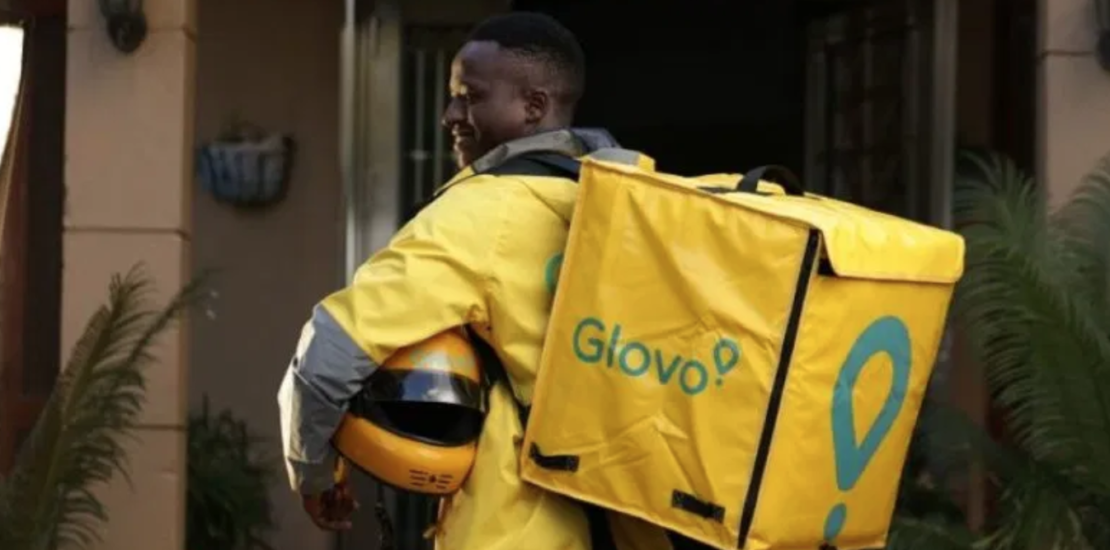- 27/03/2020
- Posted by: Julien Garcier
- Categories: Articles, Foodservice, Kenya, Retail, SagaRetail, Supermarkets

Once referred to by Naivas chief commercial officer Willy Kimani as a “necessary evil,” Kenyan supermarket chains are now scrambling to ramp up their online presence as the number of Covid-19 infections in the country grows.
During mid-March, Naivas, which established a partnership with Spanish delivery platform Glovo last year, announced that it would reduce the price of home deliveries for orders of at least KES1,000 (USD9.56) to a flat rate of KES100 (USD0.95) until April 19.
“In order to comply with the Ministry of Health directive to retailers to manage their shopper populations to reduce crowding, we expect that Kenyans will take to online shopping much faster,” commented Kimani. He added that “We are exploring possible measures with our partners and suppliers to increase traffic to the Naivas e-commerce platform in order to shift typical shopper behavior, which is culturally ingrained to visit the stores in person.”
Meanwhile, rival Tuskys has launched a home delivery service in partnership with local delivery platform Sendy. Initially available from seven of its stores, it allows customers to place orders via WhatsApp or e-mail, with delivery charges ranging from KES100 to KES250 (USD0.94 to USD2.36) and payments made via the M-Pesa mobile money platform. M-Pesa itself has temporarily waved fees on payments of less than KES1,000.
Tuskys has also partnered with Uber Eats to deliver such traditional Kenyan fare as githeri kavu (maize and beans) and chapo madondo (chapati flatbread and beans) from selected stores at prices ranging from KES95 to KES120 (USD0.91 to USD1.15).
The Sagaci Research View: One long-term side effect of the Covid-19 pandemic could be to accelerate the growth of e-commerce in Kenya and Africa as a whole.





